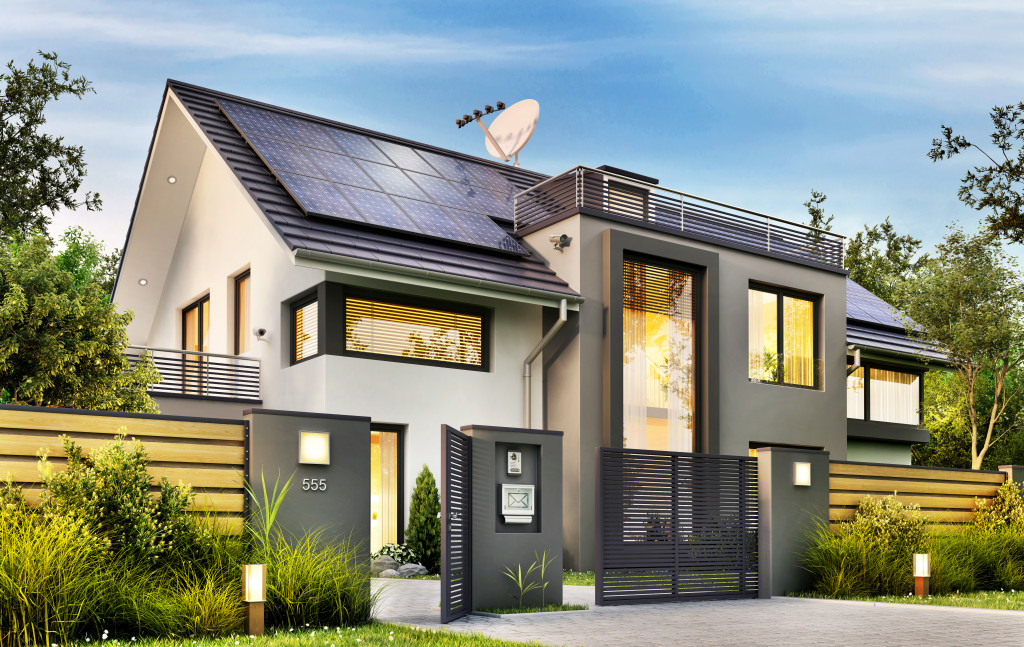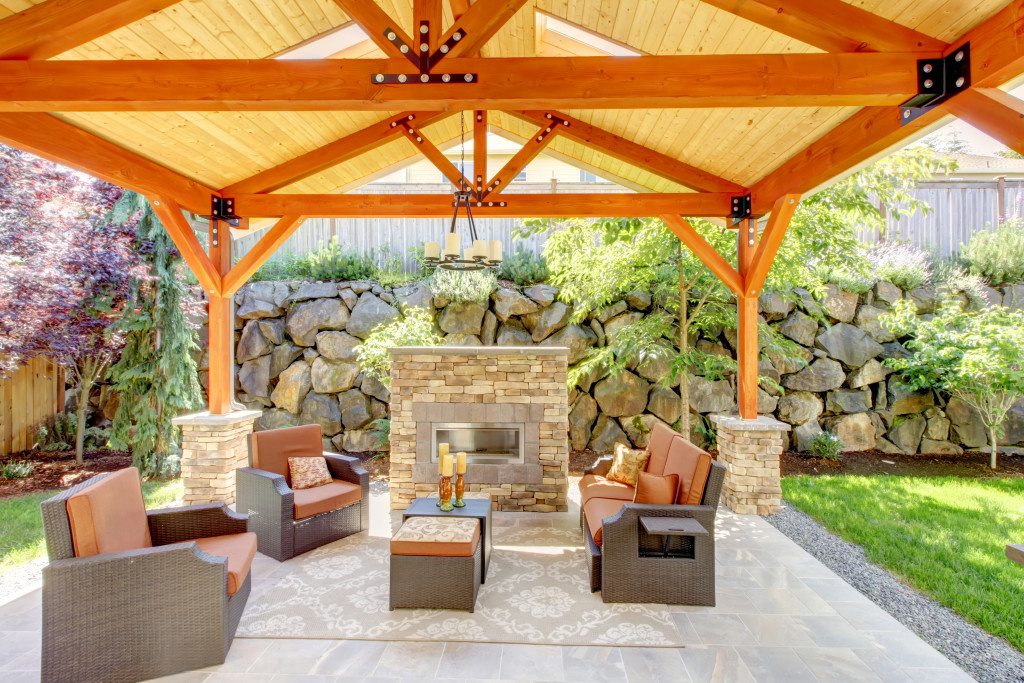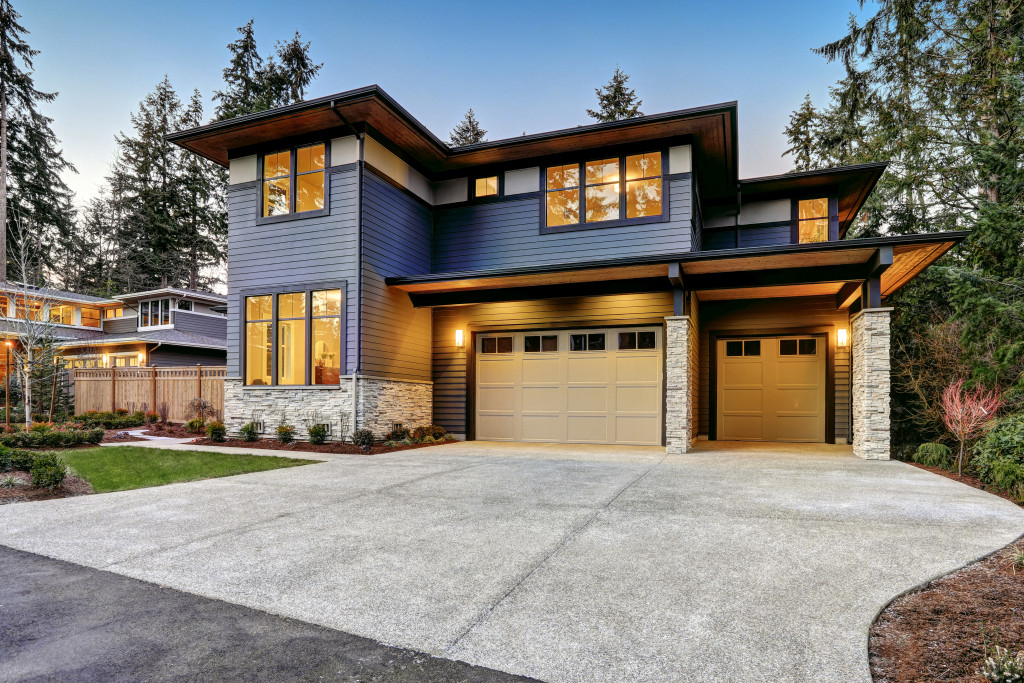- Location is essential to millennials: they look for homes close to amenities, vibrant nightlife, and job opportunities.
- Open floor plans and flexible spaces like a house or spare room are desirable features.
- Low-maintenance materials such as hardwood floors and quartz countertops make for easier upkeep.
- Eco-friendly elements such as energy-efficient fixtures, smart appliances, sustainable materials, and green cleaning products make the home more attractive to millennials.
As a real estate investor or a homeowner planning to sell their house, have you ever struggled to fully understand what millennials seek in a home? With their different lifestyle, preferences, and values, attracting and selling to this generation can be challenging.
However, knowing the top five things millennials typically prioritize in a property can give you a significant advantage in the market. In this blog, you will learn about a few essential factors that can make or break a millennial’s decision to buy a home.
Location.

For millennials, convenience, and accessibility are critical considerations when choosing a home. The location of their property affects their commute, social life, and overall quality of life. They prefer homes within walking distance of amenities such as grocery stores, parks, coffee shops, and public transport. Urban areas with vibrant nightlife, cultural events, and job opportunities are also highly desirable.
Open Floor Plans.

Gone are the days of small, boxed-in rooms. Millennials often prefer open floor plans, allowing for more natural light and increased flow of movement throughout the space. The open concept makes it easier to entertain, facilitates better communication and collaboration, and generally improves quality of life. An open floor plan also makes the space feel bigger, which appeals to millennials who prioritize open space and natural light.
Flexibility in Space.
As more millennials work from home, flexibility in space becomes a defining factor for their homes. Homes with flexible spaces allow millennials to use one room for various purposes. For example, a flex space could easily serve as an office, a guest room, or a workout room.
They often look for homes with a house or a spare room that they can convert to a workspace. This degree of flexibility is deemed necessary because it gives millennials the benefit of comfort, convenience, and versatility.
Low Maintenance Lifestyle.
Millennials are a busy generation, juggling work, social obligations, and personal lives. When choosing a home, they prefer options with low maintenance to make their busy lifestyle more manageable.
Ideal properties for millennials are those equipped with modern and easy-to-clean materials such as hardwood floors, quartz countertops, and non-porous tile backsplashes. Additionally, millennials tend to prefer homes with small or no outdoor yards that don’t require much upkeep. Anything that saves time or reduces the number of chores they have to do is even better.
Eco-Friendliness and Sustainability.
Millennials are environmentally conscious and prioritize eco-friendly living. Fortunately, there are plenty of things you can do to make your property more eco-friendly. Here are four steps you need to take to achieve this:
Have an energy-efficiency inspection.
An energy-efficiency inspection will allow you to identify any problems and make changes that can reduce energy consumption. This inspection could even be required by law, depending on where you are. For example, if your home is in the UK, you might be required to get an energy performance certificate (EPC).
An EPC is an essential tool that can help you assess the energy efficiency of your property. This certificate provides information about the energy performance of a building, including estimated costs for heating, hot water, and lighting; recommendations on how to reduce these costs; and ratings from A-G based on the overall efficiency of the building. With an EPC, you’ll have all the information needed to make changes that will improve your home’s sustainability and save money in the long run.
Install green fixtures.
Energy-efficient fixtures like LED lights, motion sensors, low-flow faucets, and solar batteries can help save money as well as reduce your carbon footprint. You can also invest in smart appliances that use less electricity.
Upgrade materials.
From insulation to windows to appliances—upgrading these materials with more sustainable alternatives is a great way to make your home more eco-friendly. You can also use sustainable materials in your home’s design elements, such as countertops, flooring, and cabinetry, to make it look more stylish.
Use green cleaning products.
Switching to natural and non-toxic cleaning products is an essential step in living a greener, healthier lifestyle. You can create your own natural cleaning solutions or purchase eco-friendly products that are available in the market.
By incorporating eco-friendly and sustainable elements into your property, you will appeal to millennials’ values and create a better living experience.
As a real estate investor or homeowner, understanding what millennials look for in a home is essential to staying competitive. Millennials prioritize convenience and accessibility through location, open floor plans with flexible spaces that can be used as offices or guest rooms, low-maintenance materials such as hardwood floors and quartz countertops, and elements of eco-friendliness and sustainability. By taking these factors into consideration when marketing your property to millennials, you will be able to increase the likelihood of selling quickly at an attractive price point.

